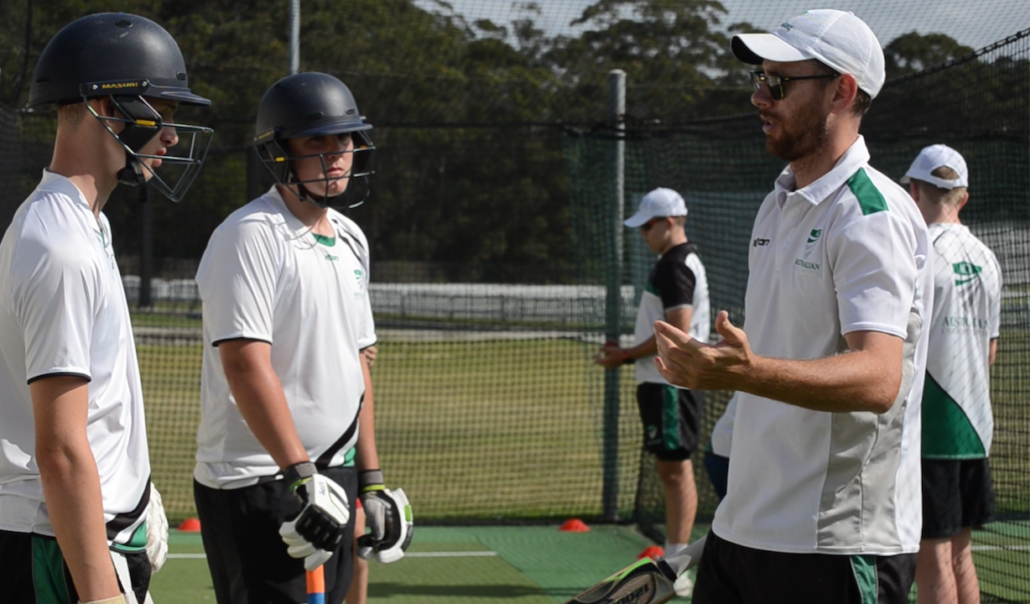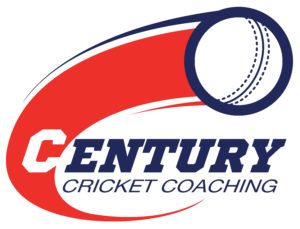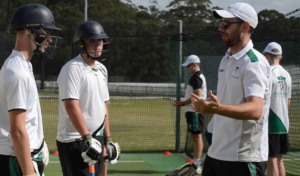Making mistakes and failing at sport, or anything in life for that matter, is not enjoyable. It can cause a lot of negative emotions and reactions, particularly in young athletes.
As you grow older and gain more experience you realise that mistakes and failure are not only ok but they’re critical cogs in the wheel towards developing and improving as a person and athlete.
If we learn from them that is.
As a coach or parent, the best thing you can do after letting the dust settle is to help your child/player learn from their mistakes by asking great questions and getting them to engage in positive conversation.
Here’s 5 questions you can ask your child or a player you coach to help them learn from their mistakes…
1. Was it an Execution Error or a Mental Error?
Helping them to understand whether it was their execution or mindset/decision making that let them down is the first step because then they’ll be clearer on what they need to work on so it doesn’t happen again.
Execution error example: Knicking a half volley trying to play a cover drive to a ball that is not swinging and it was the right time to play that shot.. They have made the right decision but simply made an error in their execution of the shot - meaning they need to get more volume in and practice the shot correctly.
Mental error example: They have tried to play a cover drive to a good length ball swinging away because they had faced a lot of dot balls and the pressure was building - meaning the pressure got to them and they tried to manufacture a shot, they need to work on mental application and the ability to get through spells of good bowling.

2. Put Yourself Back in The Situation - What Thoughts Were Going Through Your Mind?
It’s a great practice to do this as soon as they can so that it’s fresh in their mind.
The aim here is to help them gain self awareness about what their self talk is like and understand what’s going through their head when they do well and what’s through their head when they make mistakes - identifying the self talk they need to avoid.
3. Was The (skill error) Something That is Within Your Plans/Strengths?
We’re really big on encouraging players to develop plans around their strengths and stick to their strengths on game day.
Players don’t need to be able to play every shot or bowl every type of delivery in the book.
They need to understand what they do well and base their game around that.
So helping them identify whether their mistake was within their plans is really important.
If it was, great - it might have just been an execution error.
If it wasn’t - that’s a mental error. “What can I put in place to make sure it doesn’t happen or rarely happens again?”
4. If You Were in The Situation Again, Would You Make The Same Decision or Do Something Differently?
If it was simply an execution error then the answer to this is probably “Yes, I would do the same thing again.”
If it’s a mental or decision making error it’s about getting them to look at it from different angles and say…
“Ok, what could I have done there to get a better result?”
“What could I have done differently?”
All part of the learning process for young players on the journey towards a deep understanding of their own game.
5. Aside From Not Getting The Result You Wanted, What Did You Do Really Well Today?
Ok we’ve directed the mistake, we’ve identified where the error was, we’ve learnt from it and we’ve made a plan to ensure it doesn’t happen again.
Now let's shine the torch on the positives.
Most of the time players will have done SOMETHING positive during the day/game and we need to identify those things because that’s what we want them doing more of moving forward.
Encourage them to say “How can I bring more of that into my game?”
If you work through those five questions and encourage conversation around them with your child or a player you coach, it’s going to turn a mistake or failure into a really positive learning experience.
If you'd like to have a chat to our team about how we can help your child develop their skills and confidence next season, pop your name on the 'early bird' list for our 2019/20 programs and we'll have a 30 minute phone call with you to really understand where they're at and what they need to improve on...
Join the 2019/20 Early Bird List Here
Author: Nick Fitzpatrick - Australian Cricket Institute Co-Founder & Coach



